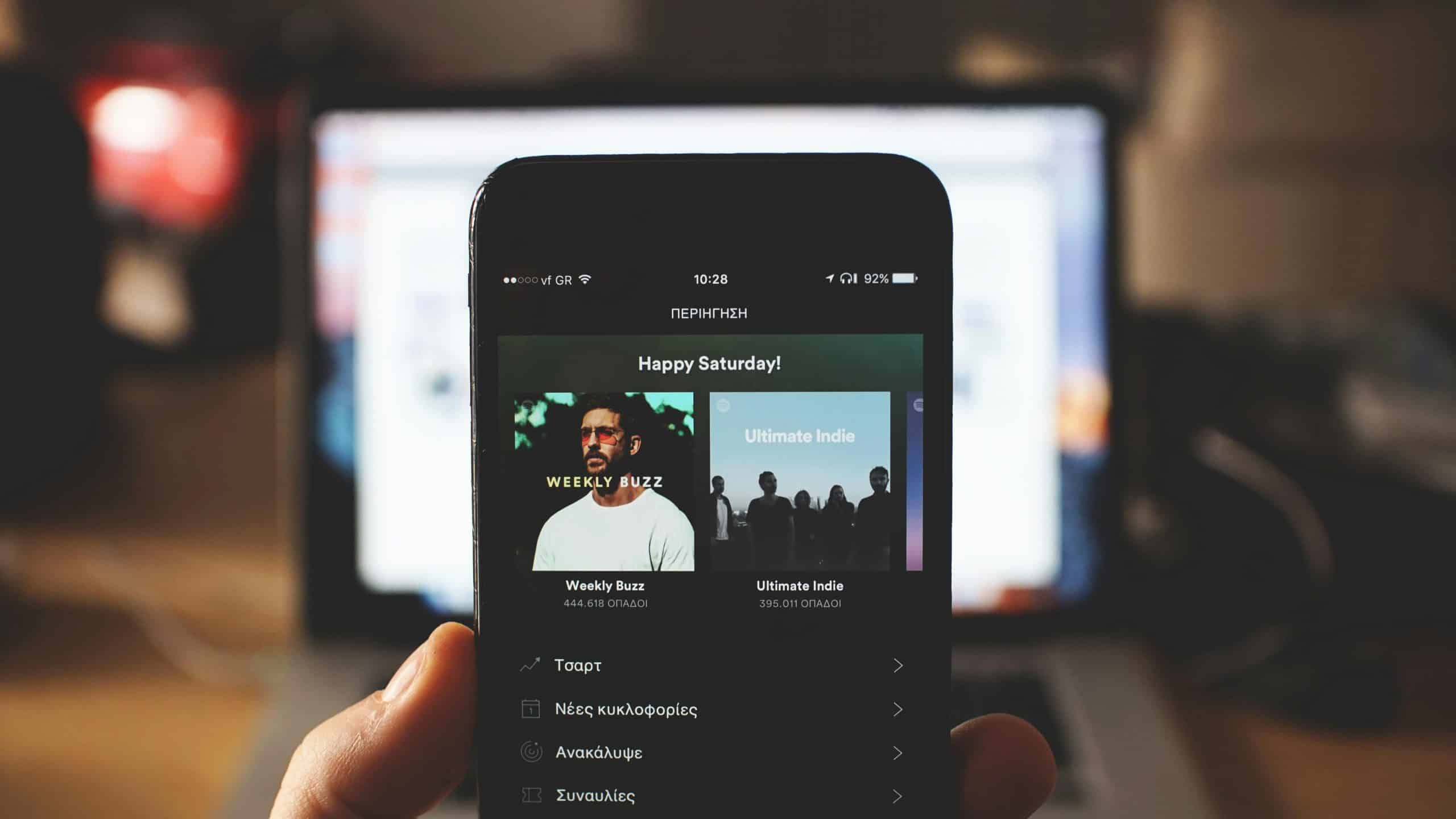How Is AI Being Used to Enhance Classical Music Composition?

Music is a universally loved language, a form of expression that transcends boundaries and communicates emotions. The composition of music is a creative process, traditionally considered to be the domain of human creativity. However, with the advent of artificial intelligence, we are witnessing a paradigm shift in the music industry. AI is now being utilized as a potent tool to reshape how we think about music composition, raising a fascinating question: How is AI being used to enhance classical music composition?
The Intersection of Music and Technology
Since the advent of the modern digital era, technology has been steadily infiltrating the music industry, providing musicians with innovative tools to create and distribute their work. From the synthesizer to auto-tune, technology has always played a crucial role in music evolution. Now, artificial intelligence is the latest wave in this ongoing digital revolution.
A voir aussi : What Innovations Are Allowing for More Efficient Recyclable Plastics Processing?
Unlike previous technological advancements in the music industry, AI presents a unique proposition – it can learn, adapt, and potentially create music independently. Leveraging algorithms that learn from existing musical compositions, AI can process vast amounts of data to generate new compositions. While initially, the concept of AI-generated music was met with skepticism, today it is being hailed as a revolution in the industry.
A key player in this realm is AIVA, an AI that composes classical music. This algorithm, designed to understand music theory and composition, has created pieces used in films, advertisements, and even video games.
A voir aussi : How Are Microsatellites Changing the Landscape of Global Communication?
AI and the Art of Composition: Defining the New Norms
AI’s role in music composition is not just limited to synthesizing sounds or assisting with mixing and mastering. Instead, it’s about understanding the underlying structure and patterns inherent in music and producing original compositions that adhere to these patterns. This is where machine learning, a subset of artificial intelligence, comes into play.
Machine learning enables AI to recognize patterns and structures within a set of data. In terms of music, this means that AI can analyze a body of musical work, understand its structure, nuances, and patterns, and then apply this knowledge to create new compositions. It is through this process that AI is not just mimicking human compositions but creating music that is convincingly human in its quality.
AIVA, for instance, uses deep learning algorithms to analyze thousands of classical compositions. Based on these analyses, it creates original pieces. AI isn’t replacing human composers but rather enhancing the composition process.
AI Compositions: A New Age for Classical Music
The application of AI in the classical music genre presents a unique opportunity. Classical music, with its inherent complexity and rich historical lineage, offers AI a wealth of data to learn from. The opportunities for AI’s application are immense.
Consider the possibilities. AI can recreate compositions in the style of great composers who have long passed away, giving us "new" works from Mozart or Bach. Alternatively, AI could compose original pieces that seamlessly blend different classical styles, creating a unique musical experience. AI can even be used to finish incomplete works or generate new compositions based on specific parameters, such as mood or tempo.
While the technology is still evolving, early results are promising. For example, AIVA has been acknowledged as a composer under the France’s SACEM (Society of Authors, Composers and Publishers of Music), underscoring the potential of AI in this field.
The Future of AI in Classical Music Composition
The involvement of AI in music composition represents a seismic shift in the industry. As AI technology continues to mature, we can expect a more significant impact on how music is created, especially in the realm of classical music.
In terms of music education, AI can serve as a valuable tool for students learning composition. With AI’s ability to analyze and understand musical structure, students can use it as a tool to study classical compositions, understand various styles, and enhance their own compositions.
In the professional music landscape, composers can utilize AI as a tool to accelerate the process of composition, explore new musical ideas, and push the boundaries of their creativity. With AI, composers can focus on the creative aspects of composition, while the algorithm takes care of the technicalities.
Regardless of its impact, it’s important to remember that AI will never replace human musicians. Music, in its essence, is a deeply human expression, and AI is merely a tool to supplement our creativity.
AI-Generated Music: Ethical Considerations and Challenges
While the use of artificial intelligence in the realm of classical music composition holds immense potential, it also raises a series of ethical considerations and challenges. One of the primary concerns is the question of authorship and copyright. Who owns the rights to the music created by AI algorithms: the developers who created the AI, the user who inputted the data, or the AI itself?
This has already been a point of contention with AI-generated works in other fields, and the music industry is no exception. For instance, the recognition of AIVA by the SACEM in France has sparked debates regarding the legal and ethical implications of AI-composed music.
There is also a fear that the widespread use of AI in music composition could lead to homogeneity in music, as algorithms tend to produce works that fit within the patterns they have learned. This could potentially stifle innovation and diversity, which are hallmarks of creative expression.
Furthermore, the question of whether AI-generated music can truly capture the emotional depth and complexity of human-created music is still up for debate. Music is not merely a collection of patterns and structures; it is a deeply human expression that reflects our emotions, experiences, and cultural contexts. Can an AI, devoid of these experiences, truly create music that resonates on the same level?
While these are valid concerns, it is important to remember that AI is a tool to enhance music creation, not replace human musicians. It does not possess creativity or emotions – it merely mimics patterns it has learned from human compositions.
Looking Ahead: The Future Music Landscape with AI
Artificial intelligence’s role in the music industry is likely to grow as the technology continues to mature. The future music landscape could see AI being integrated more seamlessly into the music production process, both in the studio and during live performances.
AI might be used to compose high-quality background music for various media, reducing the time and cost involved in these productions. It could also be used to generate personalized music, tailored to listeners’ tastes and moods.
In the realm of classical music, imagine attending a concert where an AI conducts a symphony orchestra, delivering a Beethoven symphony with a precision and consistency unmatched by human conductors. Or perhaps, we could be listening to new works from our favorite long-deceased composers, brought back to life through the power of AI.
In the future, we might see more companies like Amper Music, which already uses AI to aid in music production, providing tools that allow musicians and composers to explore new musical ideas and push the boundaries of what is possible.
In terms of music education, AI could be utilized to help students understand and analyze classical compositions, enhancing their learning experience.
Despite the potential challenges and ethical considerations, one thing is clear: AI’s role in the music industry is not a question of replacement, but rather of augmentation. It is about harnessing the power of artificial intelligence to elevate human creativity, to explore new realms of musical expression, and to redefine the boundaries of what is possible in music composition.
As we move forward, it is crucial that we navigate this new terrain with thoughtfulness and care, ensuring that the use of AI in music creation enriches our musical landscape, rather than diluting it.
In conclusion, the fusion of artificial intelligence and classical music composition holds enormous potential. It is a fascinating field that is still in its early stages of development. As AI technology continues to evolve, it will undoubtedly play a significant role in shaping the future of music. However, with this comes a responsibility to ensure that the technology is used in a way that respects the art form and enhances, rather than replaces, the role of human musicians.
